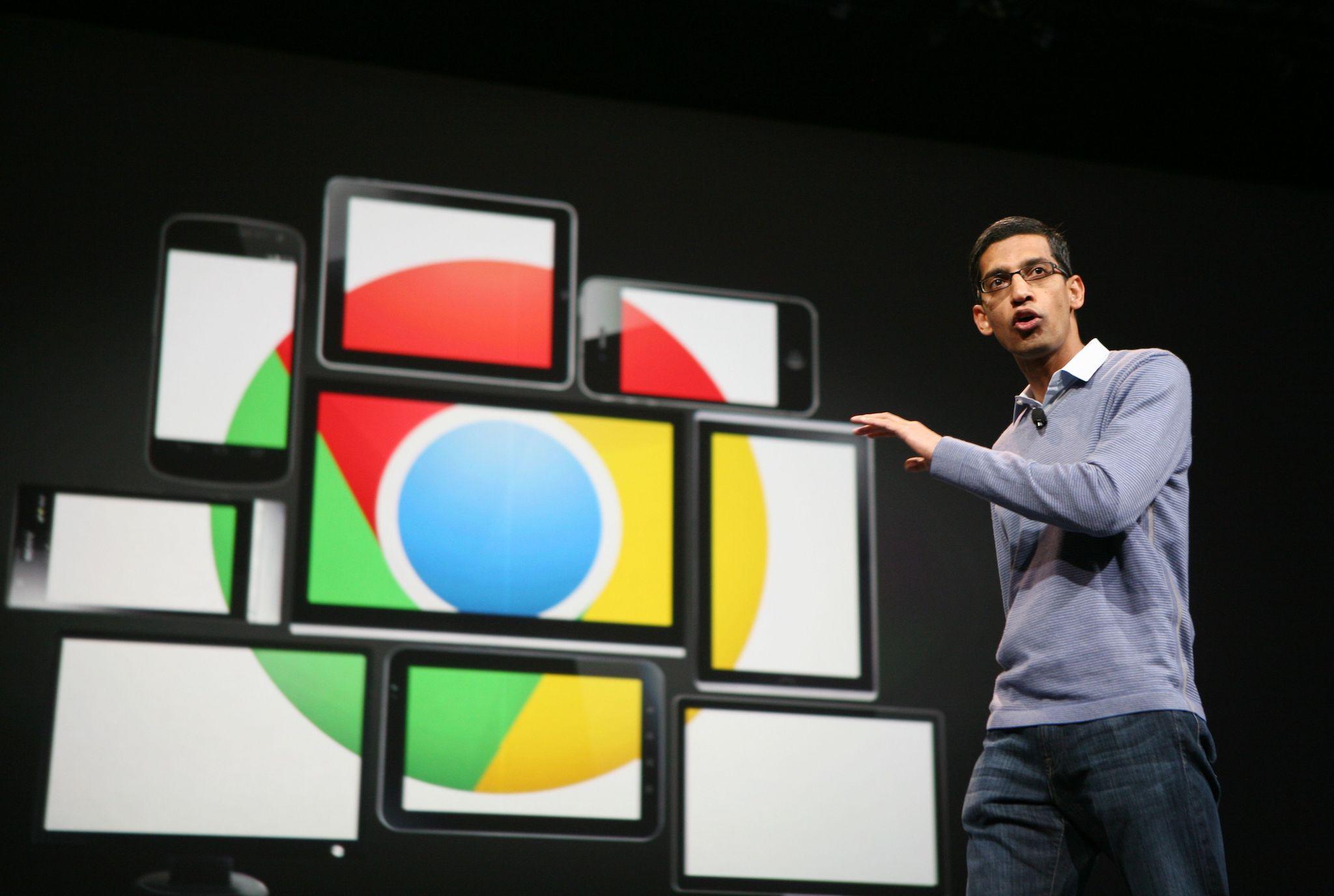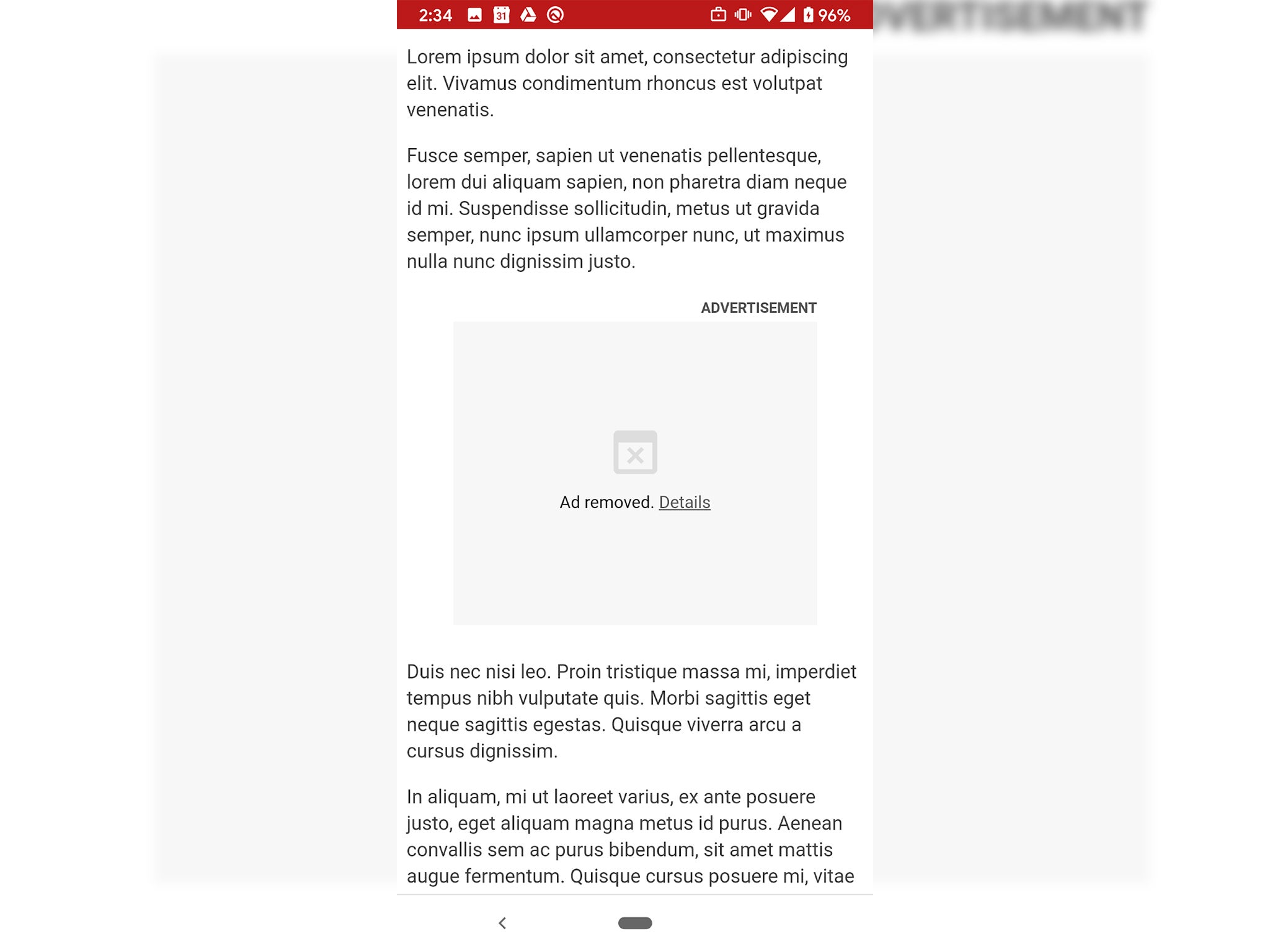Google Chrome ad update will save users' battery life and data
An update to the browser will kill adverts which are badly built or mine cryptocurrency

Google Chrome will be more active in addressing bad ads, in an attempt to save users' data, processing power, and battery life.
Specifically, the company is tackling adverts which are badly programmed, cause unnecessary strain on networks, or mine cryptocurrency.
Cryptocurrency ‘mining’ is the process of generating new units of digital currency such as Bitcoin by using computers to solve complex mathematical problems.
Mining requires vast amounts of processing power and therefore malicious individuals have placed the code in adverts in order to use the devices viewing the ads – sometimes without the knowledge of the person whose device it is.
“We have recently discovered that a fraction of a percent of ads consume a disproportionate share of device resources, such as battery and network data, without the user knowing about it” Google said in a blog post.
“In order to save our users’ batteries and data plans, and provide them with a good experience on the web, Chrome will limit the resources a display ad can use before the user interacts with the ad. When an ad reaches its limit, the ad's frame will navigate to an error page, informing the user that the ad has used too many resources.”
In targetting these adverts, Google found the ones that use more CPU or network bandwidth than 99.9 per cent of all adverts – meaning it should only be the most extreme ads that are hit by the new change.
The experiment is coming over the next few months, the search giant says, in order to give advertisers and tool providers time to adjust to the changes and limitations. The plan is that a stable version of this technology will come to Chrome in August.

This is not the only update that Google has recently made to its Chrome browser. The company announced that it is rolling out a feature whereby users can group tabs by name, coloured labels, or emoji to better organise how users view websites.
Join our commenting forum
Join thought-provoking conversations, follow other Independent readers and see their replies
Comments